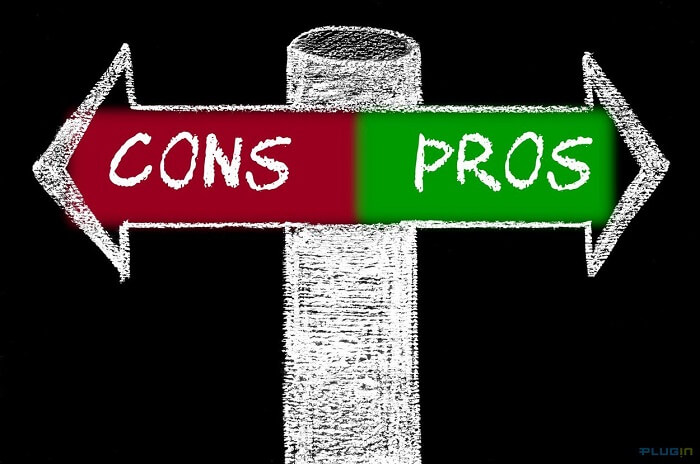Hiring managers today are beginning to embrace Psychometric Assessments to better assess the job applicants’ abilities, skills, personalities, and level of interest. Results from the assessments enable recruiters and hiring managers to understand whether candidates are suitable for the jobs, the teams, and even the culture of the organisation.
Although Psychometric Assessments are becoming more popular and widely accepted, their effectiveness still needs to be addressed. Therefore, let us dive into the primary advantages and disadvantages of Psychometric Assessments in this article.
3 advantages of Psychometric Assessments
Psychometric assessments are a powerful tool that enables recruiters and hiring managers to recruit faster while minimising the risks of wrong hires by evaluating the suitability of the candidates. Moreover, the assessments also include other benefits.
Read more: Effective Recruitment - How to do it right
1. Properly assess candidates' capacity
In most cases, it is difficult for employers to accurately measure the candidates’ abilities because of the similarity in the answers provided by most candidates during a typical job interview.
Some candidates shine more brightly at the interviews, while others simply do not know how to present their experiences. Both instances can confuse the recruiter, making them unable to obtain an overview of the applicant’s abilities.
Psychometric Assessments helps build the standards in examining the candidates’ competence. The results from the assessments provide a deeper insight into the behaviours and personalities of candidates, which in turn helps the recruiting team to assess whether they will fit in with the job and your company culture.
Additionally, psychometric assessments also allow the managers to recognise the strengths and weaknesses of a particular job applicant before hiring, empower them to come up with suitable management approaches, and devise the appropriate development path for the candidates in the future.
2. Save cost and time
Cost-effectiveness and ease of deployment are also hard-to-overlook advantages of psychometric assessments.
With the traditional recruiting method, it can take months to find one qualified candidate. With Psychometric Assessments, the process is reduced to a matter of hours. As a result, any costs associated with the recruitment, like the unproductive employee's cost, high turnover rates, or the cost of job changing, decline significantly.
3. Flexibility and customisability
Psychometric assessments can be used at any stage in the entire recruitment process and can be customised depending on your company’s needs and scope.
For example, the Psychometric Assessments can be applied:
- When candidates submit their application forms to sort out the highly suitable ones from the rest.
- Alongside the first interview.
- In later stages or as required to test the validity of the candidates’ previous answers.
Read more: Pre-Hire Assessments: Definition and Factors to Consider
3 disadvantages of Psychometric Assessments
Psychometric assessments also have several drawbacks that you should take into account.
1. Cause nervousness
In some circumstances, the candidates can become anxious at the beginning of the tests. Therefore, they make more mistakes than usual. Too much nervousness can also cause individuals to collapse and disqualify themselves before moving on.
2. Unreliable answers
Candidates can choose to answer untruthfully or ask for support from other people. In another case, the test takers are forced to pick only the available answers, which may or may not match their true personalities.
Human behaviours are complex; sometimes, there is no one right or wrong, black or white answer. There appears to be a grey area where your potential candidates are situated.
Read more: Impacts of pre-hire assessments on candidate experience
3. Potential cultural biases
Psychometric assessments may contain biases against "different cultural backgrounds, languages, psychological dispositions, and even cause anxiety around testing" due to difficulties in standardising across languages.
Those who speak different languages, come from a wide variety of cultural backgrounds, or have never heard of psychometric assessments, could be disadvantaged despite having the necessary qualifications for the job.
If you are going to use psychometrics assessments, the best advice is not to solely rely on the results but use them in conjunction with interviews, practical exercises, and reference checks.
Read more: How cognitive biases make interviews unreliable
The entire recruitment process is being thoroughly transformed, and using psychometrics assessments is just one part of this transformation. Explore other trends today by downloading our whitepaper "Recruitment Reinvented."
 English
English  Vietnamese
Vietnamese 


